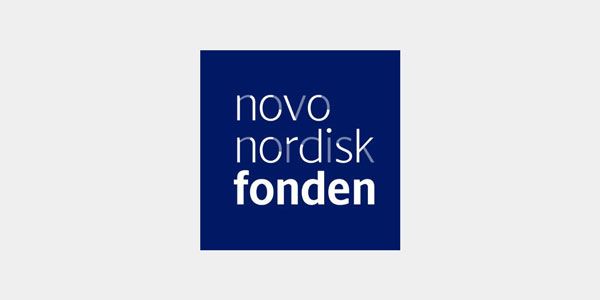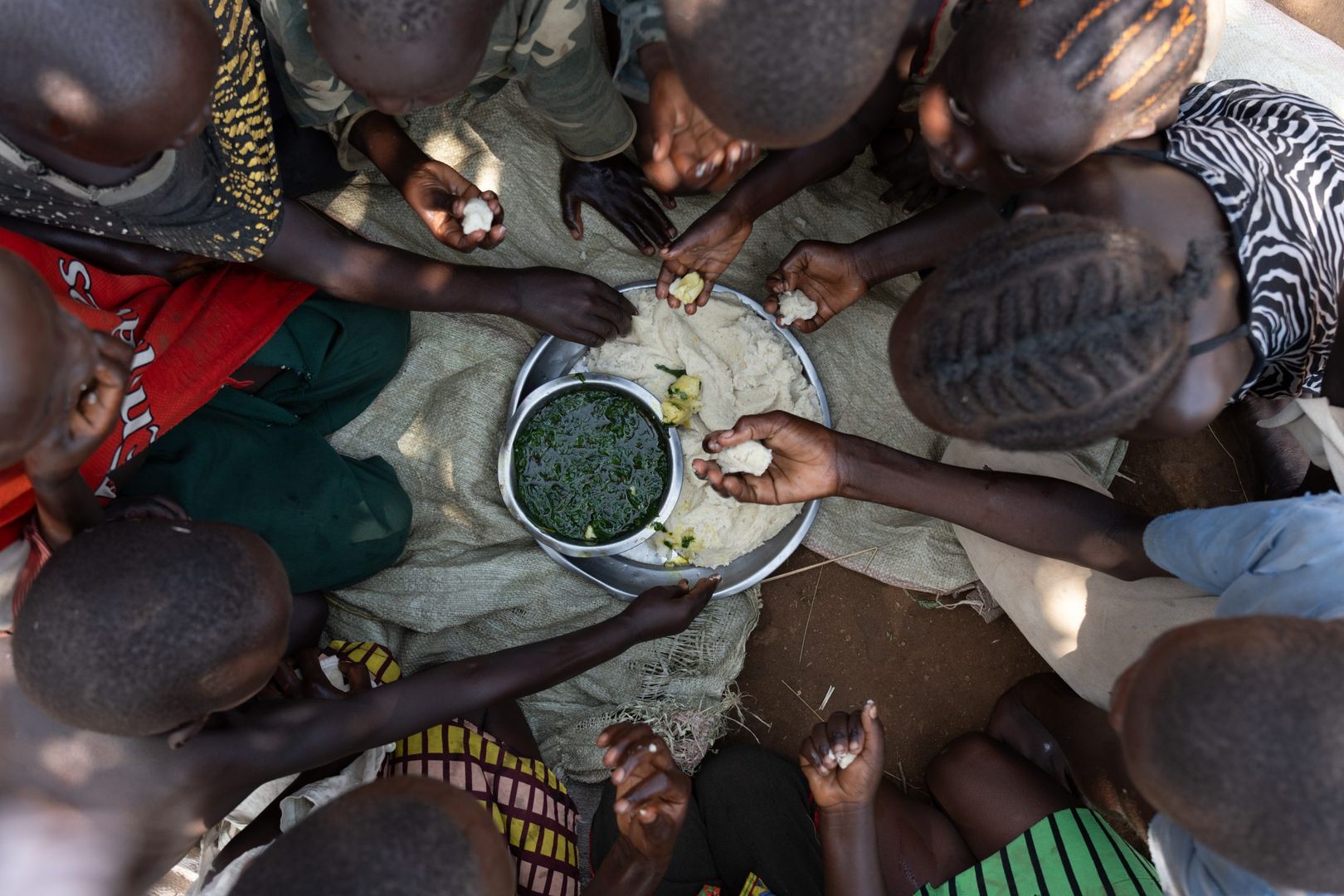The Issue
Uganda, the world’s fourth-largest refugee-hosting country, is home to over 1.5 million refugees. The majority of these come from South Sudan and the Democratic Republic of Congo (DRC), driven by wars, violence, and persecution. At the same time, the country faces high poverty levels, with 8.3 million people living in poverty, 84% in rural areas, and food insecurity is a major concern, with the highest concern being in the West Nile region. Uganda’s refugee and host communities are grappling with high levels of malnutrition and food insecurity due to limited access to nutritious food and a lack of awareness about maximizing nutritional value. Factors contributing to this issue include high food prices, ineffective land and input utilization, changing humanitarian priorities due to funding gaps, and poor knowledge of good nutrition and agricultural practices.
In the last couple of years, high inflation has meant soaring food prices. This, combined with the fact that 90% of refugees rely on humanitarian food/cash aid, only exacerbates the situation. Inadequate knowledge of nutrition and agricultural practices contributes to malnutrition in refugee households – 91% of refugee households in the West Nile face food insecurity, particularly affecting women and children. This means that female-headed households, pregnant mothers, breastfeeding mothers, and school-age children are being most affected.
The Project
The project seeks to improve food security, nutrition, markets, and livelihoods in West Nile and Uganda by combining immediate nutrition assistance with long-term sustainable food production solutions. It will support 10,000 vulnerable refugees and host female-headed households, particularly pregnant and lactating mothers and their children, with cash for nutrition for the first six months of a year and transition into their own food production.
Kitchen gardens will be established and maintained on small patches of land, providing a platform for innovations in supplemental food production and improving livelihoods. Block farming, a joint venture production approach will be used to train producer groups in good agricultural practices and postharvest handling, enhancing access to land for farming. Documentation, research, and communications will inform evidence-based implementation, cross-sector learning, and replicable innovations to scale project approaches and engage the Danish population on nutrition and food security in refugee and host community settings.
The target locations for this project are the Rhino Camp, Imvepi, and Bidibidi settlements, which have approximately 40% of refugee households.

The Change
This project aims to improve the food security resilience of vulnerable refugee and host female-headed households in the West Nile region of northern Uganda. It aligns with Uganda’s Refugee Response Plan for 2022-2025, which focuses on increasing food security, promoting self-reliance, and integrating refugees into national systems.
The project is designed to build on the proven practical experiences of DCA and PALM Corps as well as their in-depth knowledge and understanding of the current dynamics of food security, nutrition, markets, and livelihood assets and capacities within West Nile and Uganda more broadly.
The Results
In 2024, the project achieved the following key results:
- Conditional Cash Assistance: A total of UGX 505,364,000 was disbursed to 2,054 participants (82% of the annual target) across the settlements. The cash transfers enabled households to purchase nutrition-dense foods, significantly improving household diets, as evidenced by post-distribution monitoring, which found 79.3% of households achieving an acceptable Food Consumption Score (FCS). The cash grants significantly improved participants’ access to fresh and nutritious foods, complementing their household diets. Post-distribution monitoring (PDM) using the Food Consumption Score (FCS) indicated that 79.3% of households now fall within the acceptable range, demonstrating that the majority of participants have achieved a diverse and nutritious diet.
- Financial Literacy Training: Two financial literacy sessions were conducted for 1,050 participants, comprising 608 refugees and 442 host community members, all females. These sessions helped beneficiaries better manage household finances, preparing them for the cash disbursements and promoting informed financial decision-making. To date, a total of 2,268 participants have been trained across the settlements of Bidibidi (1,218), Imvepi (425), and Rhino Camp (625), achieving 91% of the annual target. The remaining 232 participants will be trained in the next quarter to meet the target
- Nutrition Education for Mothers: Basic nutrition education was delivered to 2,342 pregnant and lactating women (93% of the annual target). The training resulted in increased knowledge of breastfeeding practices and maternal nutrition, contributing to improved maternal and child health outcomes.
- School Nutrition Club: Cumulatively nine health and nutrition clubs were established in primary schools, surpassing the target of six. These clubs promote nutrition awareness among school children through interactive modules and school garden demonstrations.
- Health Outreach: Eight health units across the settlements conducted 11 outreach activities, reaching 1,000 individuals with services such as immunization, deworming, vitamin A supplementation, and nutrition screenings.
- Care Group Leader monitoring: A total of 931 households were visited across Bidibidi (115: 82 refugees and 33 hosts), Imvepi (230: 213 refugees and 17 hosts), and Rhino Camp (586: 473 refugees and 113 hosts). Four health and nutrition clubs were established in primary schools during the quarter, cumulatively 9 clubs have been formed.
- Training of Nutrition Mentors on Agroecology: A total of 35 nutrition mentors (16 male, 19 female) were trained in agroecological practices, achieving 97% of the target. The training equipped participants with skills in water harvesting, wastewater reuse, and soil amendments, contributing to establishing 1,493 kitchen gardens. These gardens enhance food security and nutrition, benefiting 708 participants in Bidibidi, 299 in Imvepi, and 486 in Rhino Camp.
- Support for Kitchen Gardens: Over 2,500 project participants received improved vegetable seeds and tools to establish kitchen gardens, and 10 demonstration sites were set up across the settlements. These initiatives aim to increase access to nutritious crops such as kale, tomatoes, and Amaranthus.
- Promotion of Agroforestry: 29,923 assorted tree seedlings were distributed to 2,500 participants, promoting agroforestry practices to improve food security and environmental sustainability. Nutrition mentors were trained to support the planting of these seedlings.
- Climate-Smart Agriculture and Block Farming: The project successfully identified 340 acres of land for block farming, facilitating the cultivation of crops such as maize, sorghum, and sesame. A total of 1,263.6 acres were planted, exceeding the annual target and employing climate-smart agricultural practices to boost food production and resilience.
- In July and August 2024, four modular nutrition training sessions were conducted covering key topics such as introduction to nutrition, the importance of immediate breastfeeding after birth, optimal breastfeeding practices, and complementary feeding. A total of 2,342 participants (1,527 refugees and 815 hosts) all females were reached, achieving 93% of the annual target of 2,500. The attendance was distributed as follows: Bidibidi 1,250, Imvepi 415, and Rhino Camp 677.

The Partner
PALM Corps is an indigenous Ugandan NGO delivering services to vulnerable communities through the thematic areas of livelihoods, public health, education and environment. The organization envisions a world where the poorest and most vulnerable communities live a dignified, healthy, peaceful and productive life while taking care of the environment.
Our Work
DCA Uganda primarily works in three thematic areas:
Humanitarian-Development-Peace Nexus:
The Humanitarian-Development-Peace Nexus programme supports refugees, displaced persons, and refugee hosting communities to access immediate lifesaving assistance and to participate in long-term, development interventions for self-reliance and sustainable livelihoods.
Build Resilience:
DCA Uganda supports marginalized women, men, and youths with increased access to land and other natural resources in a climate and environmentally responsible way.
Fighting Extreme Inequality:
DCA Uganda works with partners to ensure that marginalized persons participate in and influence decision-making processes and hold duty-bearers accountable in upholding human rights and in securing equitable and sustainable development.
About the project
Title: Enhancing food security and nutritional outcomes for vulnerable women and children in West Nile, Northern Uganda
Period: January 2024 – December 2027
National partner: PALM Corps
Amount: DKK 40,000,000
Number of people reached (expected): 100,000 persons (60,000 female)
Donor: Novo Nordisk Foundation


